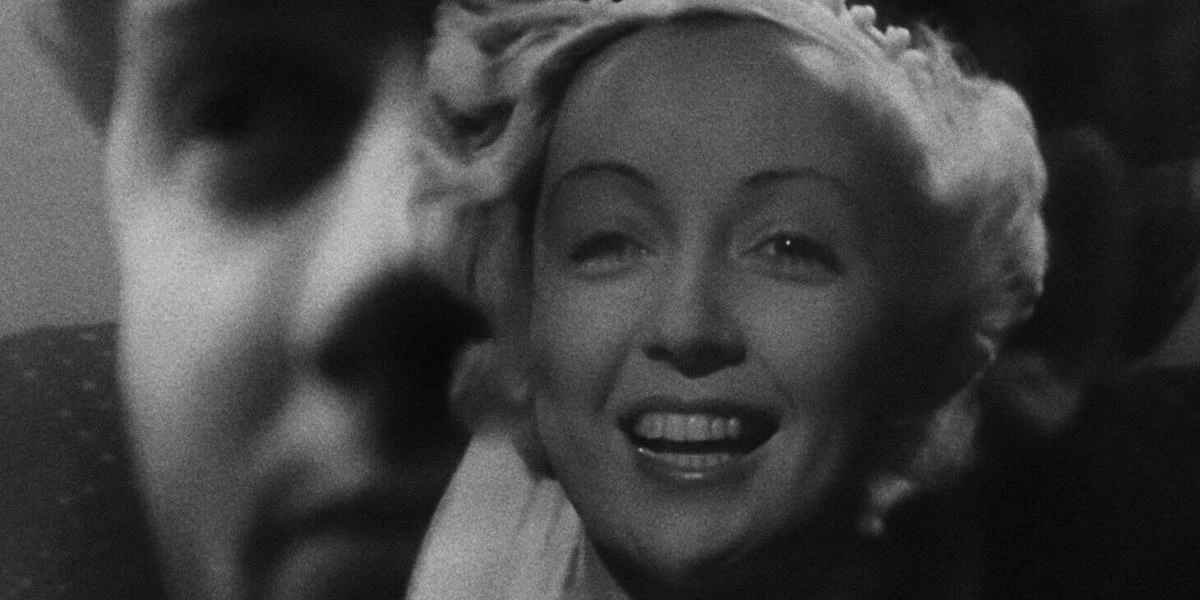
 15 October 19:00
15 October 19:00
Festa del cinema
Synopsis
L’Atalante is the quintessential cinephile film: the dive into the river, the smiling bride in white appearing underwater, seen again and again thanks to Enrico Ghezzi and the legendary opening credits of the TV programme "Fuori Orario" – the very image of passion for the cinema.
“Two of the major tendencies of cinema – realism and aestheticism – are reconciled in the film. In the history of cinema, there have been great realists like Rossellini, and great aesthetes like Eisenstein, but few filmmakers have been interested in combining these two tendencies, as if they were contradictory. For me, L’Atalante grasps the essence of both Godard’s Breathless (1960) and Visconti’s White Nights (1957) – two films which cannot be compared, which are diametrically opposite, but which represent the best in each genre. Godard accumulates bits of truths and binds them together to make a kind of modern fable; Visconti begins with a modern fable in order to rediscover a universal truth. […]
Free admission
L’Atalante deals with a major theme, and one that has seldom been treated in films, the beginnings of a young couple’s life together, their difficulties in adapting to each other, the early euphoria of coupling (what Maupassant calls “the brutal physical appetite that is quickly extinguished”), then the first wounds, rebellion, flight, reconciliation, and finally acceptance.”
(François Truffaut, I film della mia vita, Marsilio, Venice 2003)
Director
Jean Vigo
